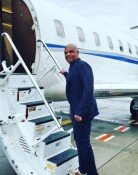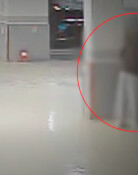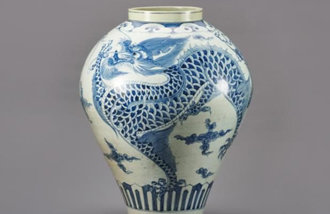[Editorial] President Roh Withdrawal. Politically Motivated?
[Editorial] President Roh Withdrawal. Politically Motivated?
Posted February. 22, 2007 03:42,
President Rohs possible withdrawal from the Uri Party is believed to be imminent. Cheong Wa Dae announced yesterday in a briefing that president would reach a conclusion on the issue of his party membership soon.
It is a sudden reversal considering his recent remarks that he would consider his withdrawal only when opposition parties accept his constitutional amendment plan or when the Uri Party leadership thinks he is in the way of party affairs and asks him to do so.
It is hard to grasp what he is thinking deep in mind, but it is wrong if his decision was made because of ulterior political motives to push ahead with his constitutional revision or to help Uri Party members form a new party.
Since the 1987 democratization movement, presidents have walked away from their parties prior to the next presidential elections, but those acts were an expression of their will to prevent electoral irregularities or corruption allegations and to be politically neutral. The public would understand Rohs move better if he had similar motives.
If he links his withdrawal to his amendment proposal, his intention will be seen as political theatrics. President Roh argues that the constitutional revision is a party reform measure, not a political act, but nobody is buying the words. The public sees the proposal as politically motivated because most citizens are opposed to the idea and see it as not likely to be realized given that the Uri Party is breaking up. That is why opposition parties have criticized him for taking advantage of his withdrawal to sway next presidential election, which the public is starting to agree with.
President Roh has expressed his intention to be politically active until the end of his term, saying that a president is a politician and that it is not his duty to be politically neutral. If he leaves his party, he also needs to leave his obstinacy behind. It doesnt mean that he should do nothing, but it also means he should distinguish what is required of him and what is not. This is not a hard job as long as he abides by reason and public opinion.
As his predecessors did, it will be a good step to form a cabinet composed of non-political figures. It means that he needs to concentrate his efforts on keeping an impartial attitude toward the election and taking care of the peoples livelihood as a president of the people, not as the leader of a political party. Now is not the time for him to worry about his post-presidency legacy. The assessment period for President Roh has not yet ended.







